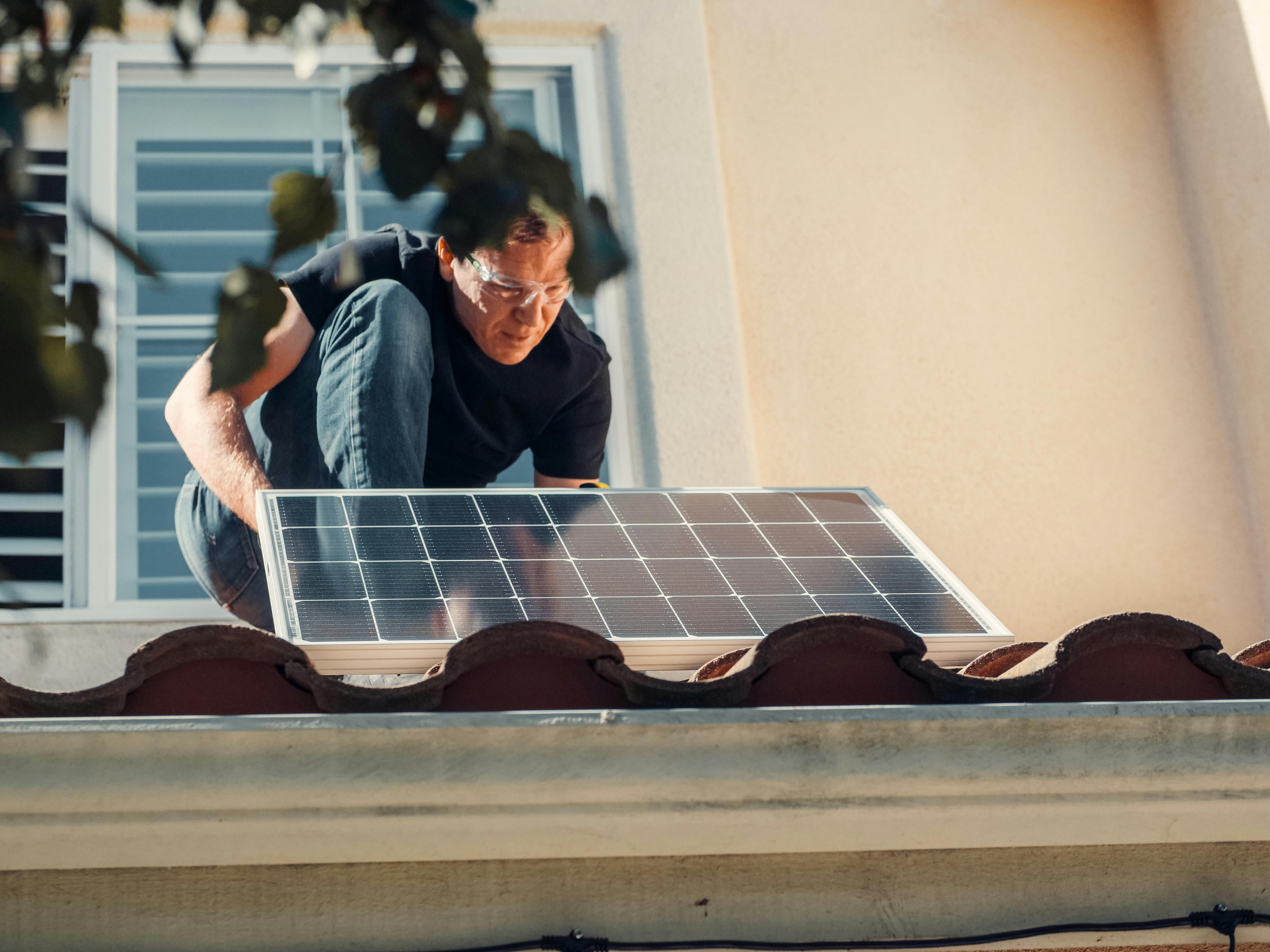Is Solar Panels Really A Electricity Hack Or More Expensive
Solar power has become a buzzword in the quest for sustainable energy, but is it truly the electricity hack many claim it to be, or does the cost outweigh the benefits? Let’s dive into the world of solar energy to explore whether this renewable resource is a practical and economical solution or just an expensive alternative.
The Promise of Solar Power
Solar energy is often touted as a clean, renewable source of power that can reduce or even eliminate your electricity bill. The idea is simple: by installing solar panels on your roof or property, you can harness the sun’s energy to power your home. This not only reduces your reliance on traditional energy sources but also shrinks your carbon footprint.
For many, the promise of “free” electricity is highly appealing. After all, once the panels are installed, the energy they produce is essentially cost-free. Solar energy also offers the potential for energy independence, shielding homeowners from rising energy costs and reducing their vulnerability to power outages.
The Reality of Upfront Costs
However, the initial investment in solar panels can be steep. The cost of solar panel installation varies widely depending on the size of the system, location, and specific energy needs. On average, a residential solar power system can range from $10,000 to $30,000 before any incentives or rebates.
For many homeowners, this upfront cost is the biggest barrier to going solar. While there are financing options, including loans and leases, they add another layer of complexity to the decision. Additionally, the payback period—the time it takes for energy savings to cover the initial cost—can be several years, making it less attractive for those looking for immediate financial relief.
Incentives and Rebates
To make solar energy more accessible, various federal, state, and local incentives can significantly reduce the cost. The federal solar tax credit, for instance, allows homeowners to deduct a portion of the cost from their taxes. Many states also offer rebates and incentives to further offset the expense.
These financial incentives can lower the barrier to entry, but they are not guaranteed to last forever. Some programs are being phased out or reduced, so timing plays a crucial role in maximizing these benefits.
Long-Term Savings vs. Short-Term Costs
One of the most compelling arguments for solar power is the potential for long-term savings. Over time, the energy savings can surpass the initial investment, especially in areas with high electricity rates. Solar panels typically have a lifespan of 25 to 30 years, meaning that once the system is paid off, the electricity it generates is essentially free for the remaining life of the panels.
However, this scenario assumes that nothing goes wrong. Solar panels require maintenance, and while they are generally durable, extreme weather or other factors can lead to unexpected repairs. These additional costs can eat into the anticipated savings, making the overall investment less profitable.
Environmental Impact
Beyond financial considerations, the environmental benefits of solar energy are undeniable. Solar power is a clean, renewable resource that significantly reduces greenhouse gas emissions. For environmentally conscious consumers, this alone may justify the investment, even if the financial return is modest.
Conclusion: Hack or Expense?
So, is solar power an electricity hack or just an expensive alternative? The answer depends on your individual circumstances. For those with the financial means to make the upfront investment, live in an area with high energy costs, and are committed to long-term savings, solar energy can indeed be a savvy and sustainable choice.
However, for those looking for immediate cost savings or who are unable to take full advantage of available incentives, the high initial cost may be a deterrent. It’s essential to weigh the long-term benefits against the short-term expenses to determine if solar power is the right fit for your home and budget.
Ultimately, solar energy is a powerful tool in the fight against climate change and rising energy costs, but it’s not a one-size-fits-all solution. Careful consideration of the costs, benefits, and your specific situation will help you decide if it’s a true electricity hack or just an expensive dream.












Post Comment